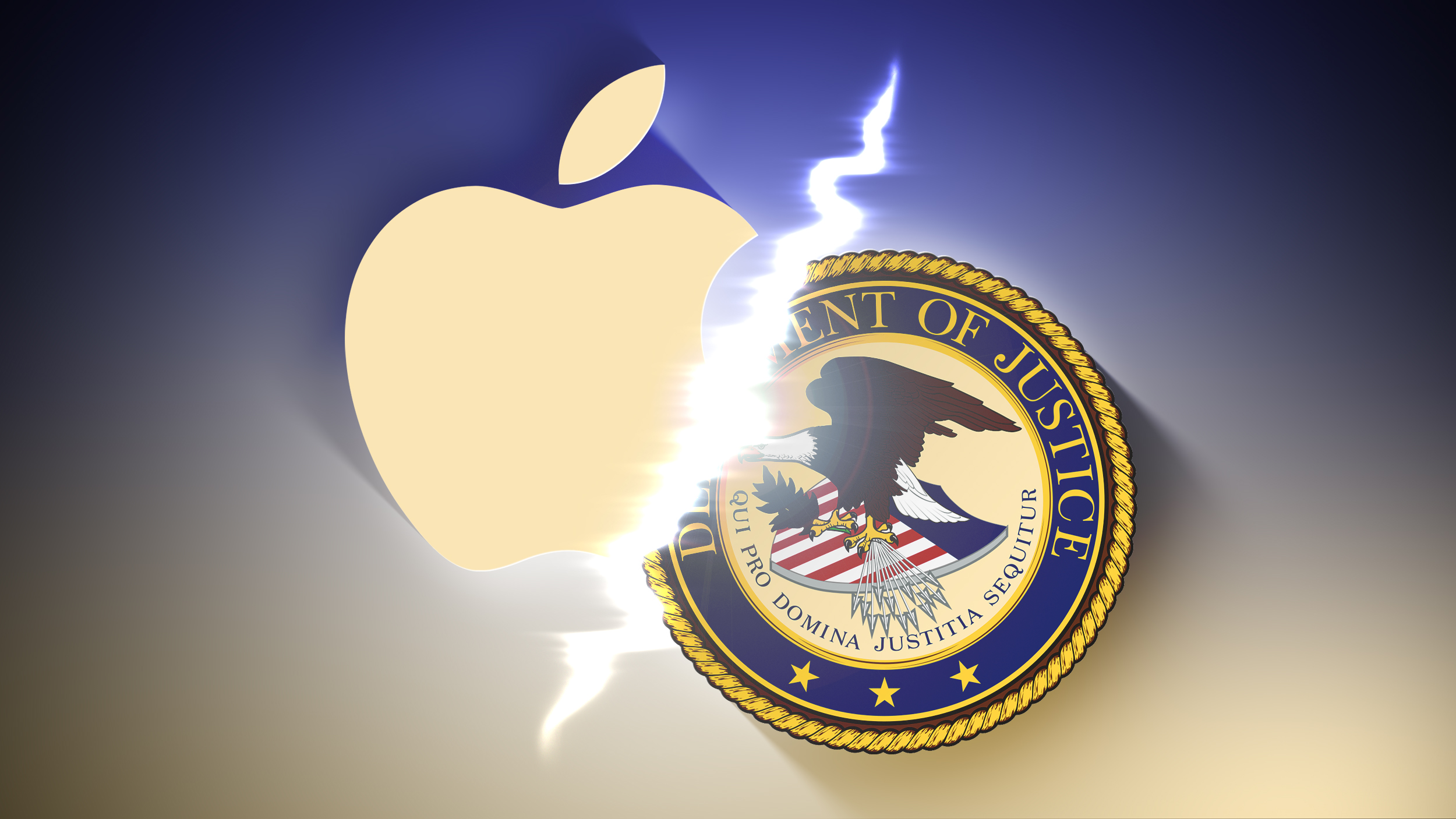Apple Argues DoJ Lawsuit Could Set 'Dangerous Precedent' for Tech Design
Apple's Fierce Rebuttal to the Department of Justice's Antitrust Lawsuit

Apple has filed a strong response to the antitrust lawsuit brought against it by the United States Department of Justice (DOJ). In its response, Apple refutes the DOJ's claims, highlighting what it sees as significant flaws in the accusations. Apple argues that the lawsuit sets a "dangerous precedent," granting the government undue power to dictate the design and functionality of technology, and threatening the very core principles that distinguish the iPhone from its competitors. You can read more about the background of this legal battle here.
The DOJ's Initial Accusations: A Monopoly in the Smartphone Market?
The DOJ's March 2024 lawsuit accused Apple of illegally monopolizing the smartphone market. The DOJ presented five key areas where they believe Apple's actions stifled competition and locked users into the iPhone ecosystem:
- Super Apps: The DOJ argues that Apple prevents apps offering broad functionality, such as WeChat or apps incorporating mini-games and other integrated features, from operating on the App Store.
- Cloud Streaming Games: Apple has been accused of suppressing cloud gaming services by blocking their availability on the App Store.
- Messaging Apps: The DOJ criticized the lack of an iMessage app for Android, the visual distinction between iMessage (blue bubbles) and SMS (green bubbles), and Apple's delayed adoption of RCS (Rich Communication Services). They also believe third-party apps should be able to handle SMS messages, bypassing the default Messages app.
- Smartwatches: The DOJ alleges Apple restricts key functionalities on third-party smartwatches, preventing iPhone users from accessing features comparable to those on the Apple Watch, even if those third-party watches boast superior user interfaces or services. The incompatibility of the Apple Watch with Android devices was also cited as a concern.
- Digital Wallets: The DOJ objects to Apple's refusal to allow banking apps and other digital payment providers access to the iPhone's NFC chip for payment processing.
Apple's Counterarguments: Addressing the DOJ's Claims
Apple counters that many of the DOJ's claims are either outdated or significantly weakened by Apple's own actions. For instance, iOS 17.4 removed restrictions on cloud streaming apps and apps with mini-games, directly addressing two of the DOJ's concerns. Furthermore, Apple's adoption of RCS has improved messaging interoperability between Android and iPhone devices. While third-party apps still can’t replace the Messages app for SMS/RCS, interoperability has improved significantly.
Apple also opened access to its NFC chip in iOS 18.1, allowing third-party payment apps to utilize contactless NFC payments. This addresses another key point raised by the DOJ. Apple disputes the DOJ’s market share calculations, arguing that using revenue instead of unit sales is an unreasonable metric. The DOJ's categorization of "performance smartphones" as distinct from standard smartphones is also challenged, as it's not an established industry categorization.
Furthermore, Apple asserts that the DOJ’s reliance on US data alone doesn't reflect the global competitive landscape Apple operates within. Critically, Apple points out that the complaints that fueled the lawsuit didn't originate from iPhone users, but rather from a small group of developers, including some of Apple's most significant and well-funded competitors. Apple argues that complying with the DOJ’s demands would negatively impact the user experience, potentially compromising security, privacy, and overall intuitiveness of the iPhone.
The antitrust laws do not impose upon Apple a duty to design its own product in a way that would better suit its rivals at the expense of consumers whose devices might be less secure, less private, and less intuitive as a result.
Ultimately this case is not about the millions of satisfied iPhone users or even the hundreds of thousands of iOS developers that enjoy economic success, it's predominantly about a few large companies free-riding on Apple's technology and innovation. The complaint is a misguided plea for a judicial redesign of one of the most popular and innovative consumer products of all time, under the guise of an antitrust case.
The Path Ahead: A Lengthy Legal Battle
Apple's response largely consists of point-by-point rebuttals of the DOJ's claims, a typical approach in such legal filings. The case now enters the discovery phase, where Apple will strive to demonstrate the inaccuracies of the DOJ's allegations. This will be followed by a summary judgment, which could lead to a full trial and subsequent appeals. This entire process is expected to span several years.
The rapidly evolving App Store ecosystem further complicates the DOJ's claims. Apple has made numerous changes to App Store policies in the past year, both voluntarily and due to external pressures. For example, the legal dispute with Epic Games resulted in Apple allowing developers to direct users to external purchase options via in-app links, without charging associated fees. Similar future changes could further render the DOJ's allegations obsolete, making the outcome of this legal battle highly uncertain.
The case highlights the ongoing tension between antitrust concerns and the innovation within the tech industry. The debate over what constitutes fair competition, particularly in a rapidly evolving market like smartphones, is far from settled. The coming years will be crucial in determining the implications of this lawsuit, not just for Apple but for the future of tech regulation globally.
This article, "Apple Argues DoJ Lawsuit Could Set 'Dangerous Precedent' for Tech Design" first appeared on MacRumors.com
Discuss this article in our forums
from MacRumors
-via DynaSage

